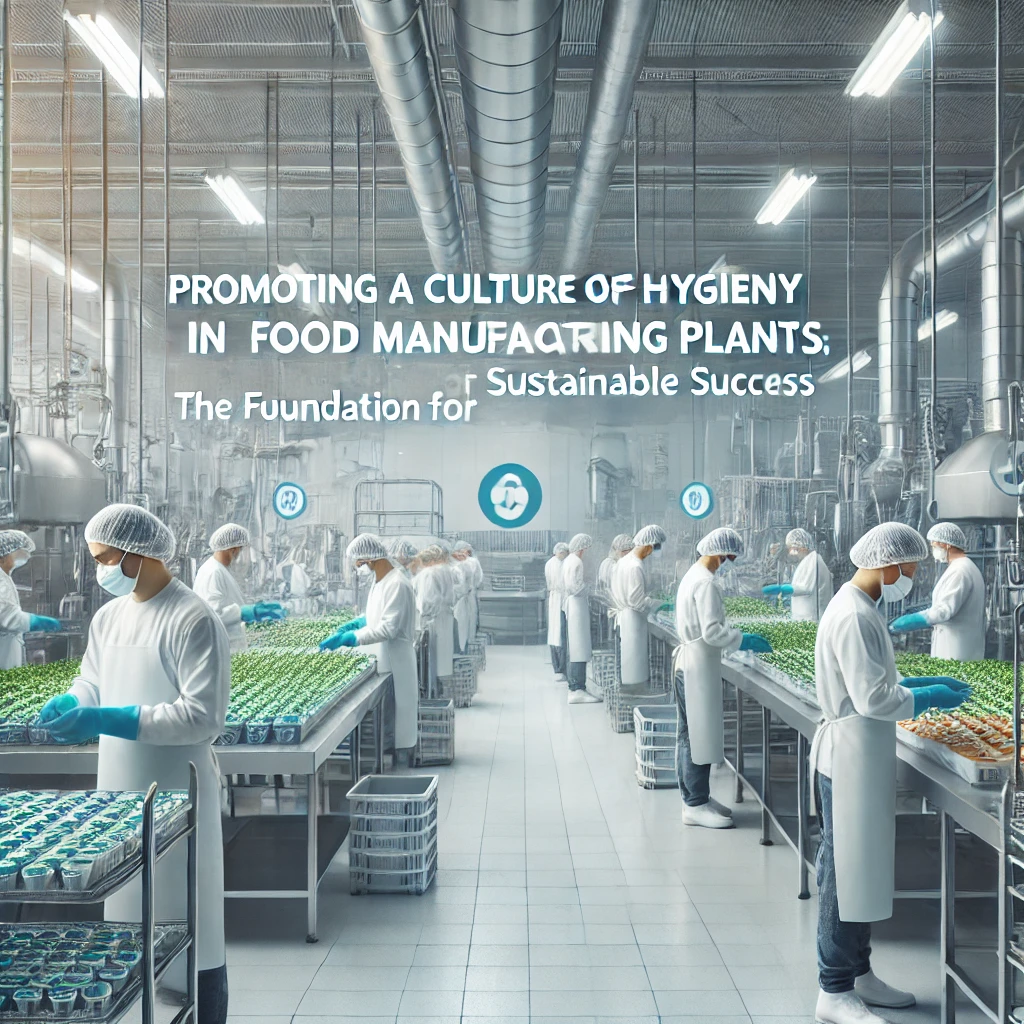A culture of hygiene is the cornerstone upon which the food industry relies to achieve the highest standards of safety and quality. In light of the contemporary challenges facing the food sector, there is a growing emphasis on the concept of “food safety culture,” which has become an integral part of strategies aimed at ensuring quality and protecting consumers.
Building a strong hygiene culture within food manufacturing plants is no longer a matter of choice; it is an imperative for survival and growth in a competitive environment. Many issues facing the industry are directly linked to neglecting basic hygiene practices, such as poor cleaning, ineffective pest management, lack of personal hygiene, or inappropriate work attire. These shortcomings can lead to the spread of diseases and the deterioration of food product quality, posing significant health risks to consumers and negatively impacting the reputation of companies.
Success in the food industry hinges on strict adherence to hygiene practices at every stage of production, from receiving raw materials, through manufacturing, to packaging and storage. Any failure in these stages can result in bacterial or chemical contamination, significantly increasing the likelihood of foodborne illnesses. In such cases, companies face major crises, including costly legal claims and loss of consumer trust in their products and brand.
To ensure food safety, food companies must adopt well-thought-out and detailed measures to maintain hygiene within their facilities. These measures should include comprehensive programs for cleaning equipment and machinery regularly, training employees on personal hygiene, and ensuring they wear appropriate protective clothing. Additionally, implementing an effective pest control plan is essential to maintain a contamination-free environment within the factory.
Hygiene is not merely a regulatory requirement or an internal procedure, but a fundamental ethical value that profoundly affects individuals and communities. In today’s world, the importance of hygiene in food manufacturing plants is increasing, as it serves as a shield for public health and mitigates legal and financial risks that may result from negligence.
Although the concept of hygiene may appear simple, its impact extends to every aspect of operations within a factory, making it a critical factor in the success of any business strategy. Companies that embrace hygiene as part of their corporate culture enhance their ability to deliver safe, high-quality products, fostering strong relationships with customers and partners alike.
With the growing demand for quality and safety in the global food market, building a strong hygiene culture within food manufacturing plants has become a necessity. Companies aiming for sustainability and excellence must make hygiene an integral part of their identity and organizational culture.
Investing in employee training and developing effective hygiene protocols can have a significant positive impact on improving overall company performance and ensuring long-term success. By adopting these practices, food companies can ensure the delivery of safe, high-quality products to consumers, thus enhancing their reputation and gaining a strong competitive advantage in the marketplace.
In conclusion, hygiene is not merely a means to protect businesses but a sustainable strategy that contributes to building a safer and more prosperous future for both the food industry and consumers alike.

